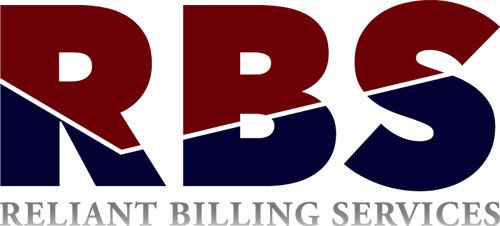Insurance companies deny about 9% of claim charges in the average hospital every year. Of those denials, about 63% of them can typically be recovered. But the process is often long, arduous, and costly. In fact, reworking a claim also ends up costing the practice about $25 per hour, which contributes to additional losses over the course of the medical billing cycle. Learning how to decrease urgent care claim denials is one way practices can cut out empty expenses. And doing so may provide the facility with more financial overhead and financial fluidity. Urgent care billing offices may decrease claim denials by implementing these strategies:
Upgrade Billing Software
One of the most common and avoidable issues that contributes to claim denials is patient eligibility. With strong billing practices, and the utilization of upgraded billing software, some of these denials may be entirely eliminated. In fact, many billing software programs check eligibility status prior to filing the claim, which takes the guesswork out of the process. Using a tool like this can contribute to a higher rate of claim acceptance among insurance companies.
Focus on Eligibility Denials
Every practice’s first line of defense against medical billing errors and the resulting claim denials is its team of administrators. Administrators control the flow of information between the patient and the practice, which allows them to keep accurate insurance information on file. Inputting information into the system incorrectly can result in denials to a patient’s eligibility status simply because of an administrator error.
Collaborating with clients to ensure that the practice has the most up-to-date and accurate information about their insurance provider is one way to target potential claim denials. One good strategy is to take photocopies of relevant documentation to ensure that you have the correct digits.
Administrators may also learn how to field questions about different insurance branches, and to identify the appropriate insurance provider based on the insurance company’s ID number styles in order to ensure that information is accurately displayed within the medical software.
Strengthen Coding Practices
Another common contributor to claim denials is incorrect coding. A physician may choose a code that does not accurately describe the depth or style of work. Becoming familiar with coding nuances, and demonstrating medical necessity may contribute to a higher rate of claim acceptances. Educating the practice’s administrators about basic coding practices can be an additional denial-reduction tool.
Conduct Regular Audits for Medical Billing Errors
Conducting regular audits for medical billing errors allows facilities to measure their progress, their weaknesses, and potential areas of improvement against claim denials. A monthly or bi-monthly internal audit may provide each practice with a more wholesome understanding about the causes and solutions to claim denials. Designating a small team to audit problematic codes prior to submission may also help to reduce claim denials.
Submit Claims Early
Depending on the insurance company, a practice may have 90-180 days to complete a claim. Urgent care facilities may experience a higher rate of claim acceptance if they submit claims early. Should there be a rejection, this equips a facility’s team with the ability to identify and resolve medical billing errors prior to the insurance provider’s deadline.
Do you have questions about reducing claim denials? Is your practice running into errors in the filing process? If so, contact us today to discuss potential solutions to the problems that you’re encountering.


